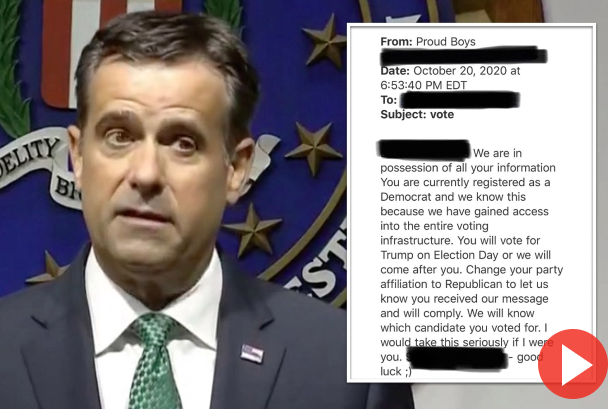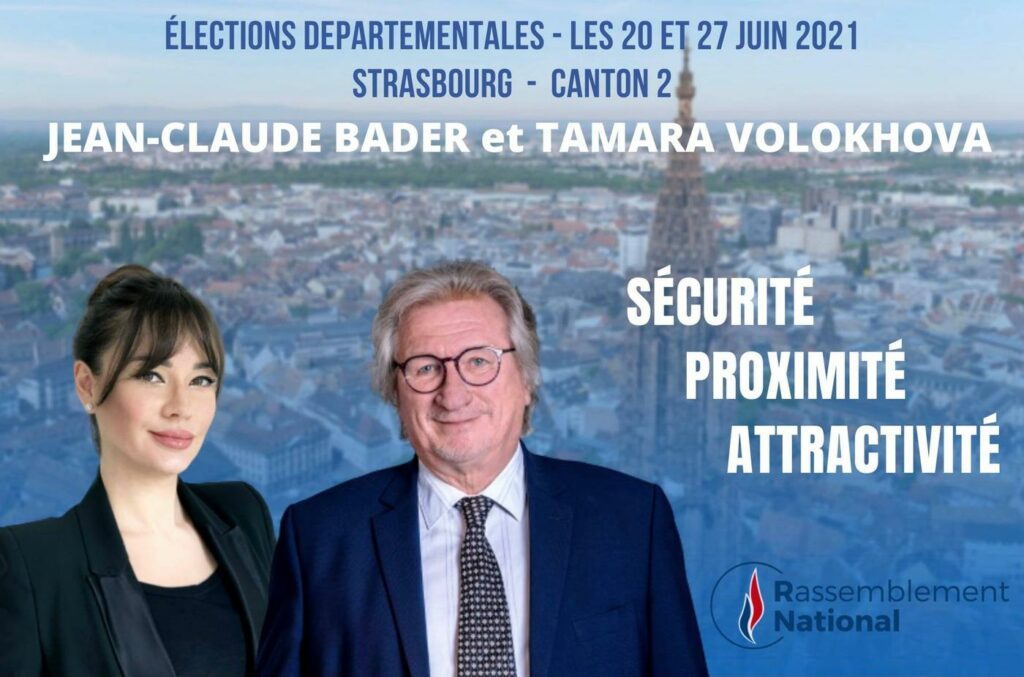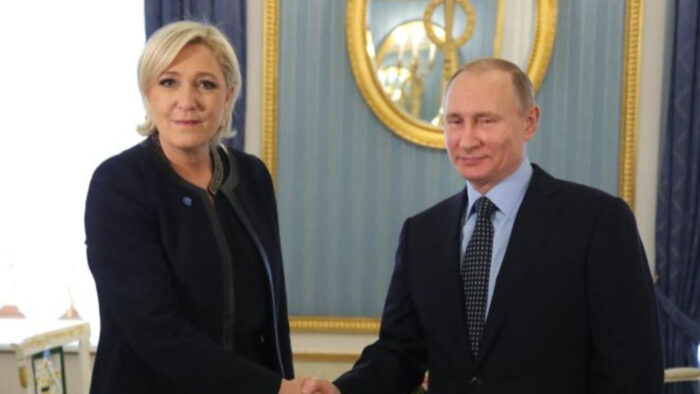According to a detailed report by the Organized Crime and Corruption Reporting Project (OCCRP), a non-profit organization that investigates and exposes organized crime and corruption around the world, hacked and leaked emails reveal extensive evidence that the Russian lobbyists planned to pay far-right European politicians thousands of euros to put forward pro-Russian resolutions in European legislatures. The emails also indicate that the lobbying group helped arrange for political figures from several European countries to be flown on expensive junkets to pro-Russia events in occupied Crimea and paid honoraria for their presence. Furthermore, the group flew several European political figures to Russia as official election observers.
The emails belong to Russian parliamentary staffer Sargis Mirzakhanian, the coordinator of the “International Agency for Current Policy,” Mirzakhanian built a network of political analysts, journalists, activists, and academics who helped him push the Kremlin’s interests abroad. The emails show his role in coordinating protests, placing media articles, and preparing parliamentary resolutions across Europe while organizing “fake” election observation missions as he and his associates sought to legitimize the annexation of Crimea and “advance Russian domestic and foreign policy interests.”
The leaked emails reveal especially close ties between Mirzakhanian’s operation and officials in Italy and Cyprus. These ties paved the way for pro-Russian motions to be passed in both countries, with the Cypriot parliament and multiple Italian regional councils calling for an end to sanctions against Russia over its invasion of Crimea.
The group also planned for Italian Senator Paolo Tosato and Austrian Member of Parliament Johannes Hübner, both from far-right parties present resolutions in their respective legislatures to lift sanctions against Russia. The project outlines did not specify how this would be accomplished, but a “budget” of 20,000 euros was allocated for both resolutions, with an additional 15,000 euros for each in case of successful voting. Whether these sums were intended for the politicians or the entire project remains unclear. Ultimately, the resolutions were presented by Hübner and Tosato but were not adopted by legislators.
While previous media reports have shown links between EU politicians and Kremlin propagandists, this is the first comprehensive insight into how this campaign was run from Russia. It’s unclear whether the International Agency for Current Policy is still at work today, although those linked to the network, like Valdegamberi, continue to make pro-Russian statements.
Anton Shekhovtsov, chair of the pro-democracy non-profit Centre for Democratic Integrity, said the leaked emails “represent one of the most important sources of our knowledge of how particular engines of the Russian political war machine works.” Most significantly, Shekhovtsov said, they showed Mirzakhanian’s role in coordinating protests, placing media articles, and preparing parliamentary resolutions across Europe while organizing “fake” election observation missions as he and his associates sought to legitimize the annexation of Crimea and “advance Russian domestic and foreign policy interests.”
As early as August 2021, the Global Influence Operations Report (GIOR) was reporting on far-right European MEP’s were acting as agents of Russian influence,
References:









COMMENTS